On May 12, 1968 (Mother’s Day), thousands of women, led by Coretta Scott King, formed the first wave of demonstrators for the Poor People’s Campaign. This was one month after Dr. Martin Luther King’s assassination.
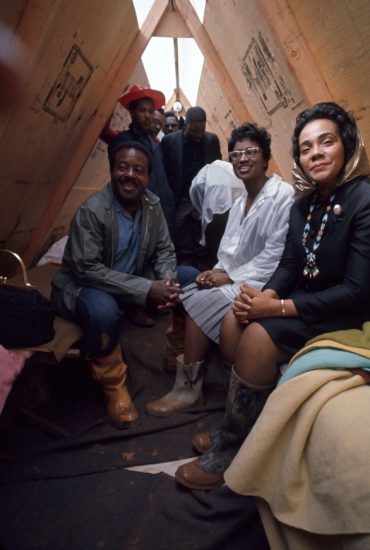
At the Poor People’s Campaign march on Washington, Coretta Scott King shares temporary shelter from the rain with Juanita and Ralph Abernathy. Source: Bob Fitch Archive, Stanford University Libraries
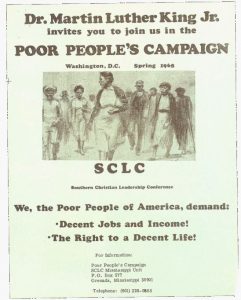
Poor People’s Campaign poster. Source: Stanford King Institute.
In a planning meeting in 1967, Dr. King said:
I think it is necessary for us to realize that we have moved from the era of civil rights to the era of human rights…
[W]hen we see that there must be a radical redistribution of economic and political power, then we see that for the last twelve years we have been in a reform movement…
That after Selma and the Voting Rights Bill, we moved into a new era, which must be an era of revolution…
In short, we have moved into an era where we are called upon to raise certain basic questions about the whole society.
In a planning meeting in March of 1968, King described why this should be a coalition effort,
This is a highly significant event, the beginning of a new co-operation, understanding, and a determination by poor people of all colors and backgrounds to assert and win their right to a decent life and respect for their culture and dignity.
Many leaders of American Indian, Puerto Rican, Mexican American, and poor white communities pledged themselves to the Poor People’s Campaign. Read more of the history at Dr. King’s Vision: The Poor People’s Campaign of 1967-68.
In 2018, Rev. Dr. William Barber II, Rev. Dr. Liz Theoharis, and the Repairers of the Breach launched a contemporary Poor People’s Campaign: A National Call for Moral Revival. Barber explained why in a May 14, 2018 conversation with Amy Goodman of Democracy Now!
And what we are saying, it is time for a moral confrontation, a nonviolent moral confrontation, because whether you look at the morality of our Constitution, the establishment of justice, or you look at the morality of the Scriptures, that says, for instance, in Isaiah 10, “Woe unto those who legislate evil and rob the poor of their right and make women and children their prey.”
It is immoral to have 37 million people without healthcare. It is immoral not to pay living wages when we know we can do it. It is immoral that people don’t have single-payer healthcare for everybody as a matter of human rights — and children have access to public education and college, and that we stop the trend of resegregation.
It is immoral the way we’ve suppressed the vote in a way that allows people to get elected who, once they get elected, using racialized methods to do so, they then vote policies that hurt women and children and disabled. They’re against living wages. They’re against healthcare. They’re against unemployment — and those things that hurt families, hurt children, hurt women and hurt the disabled.
Watch the full interview below.
This post includes excerpts from the entry on the Poor People’s Campaign at the Stanford University Martin Luther King Jr. Research and Education Institute.

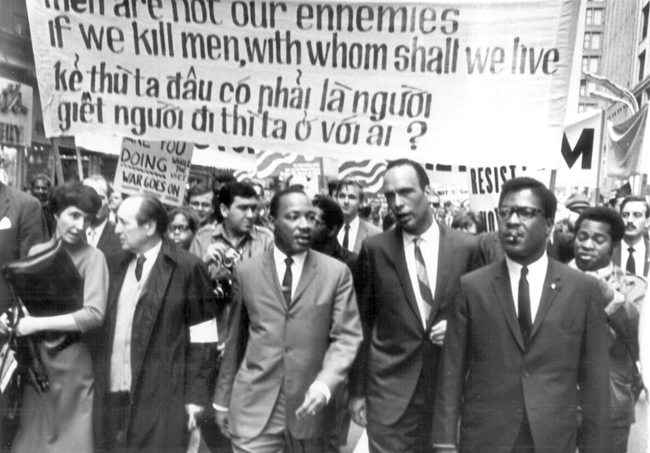
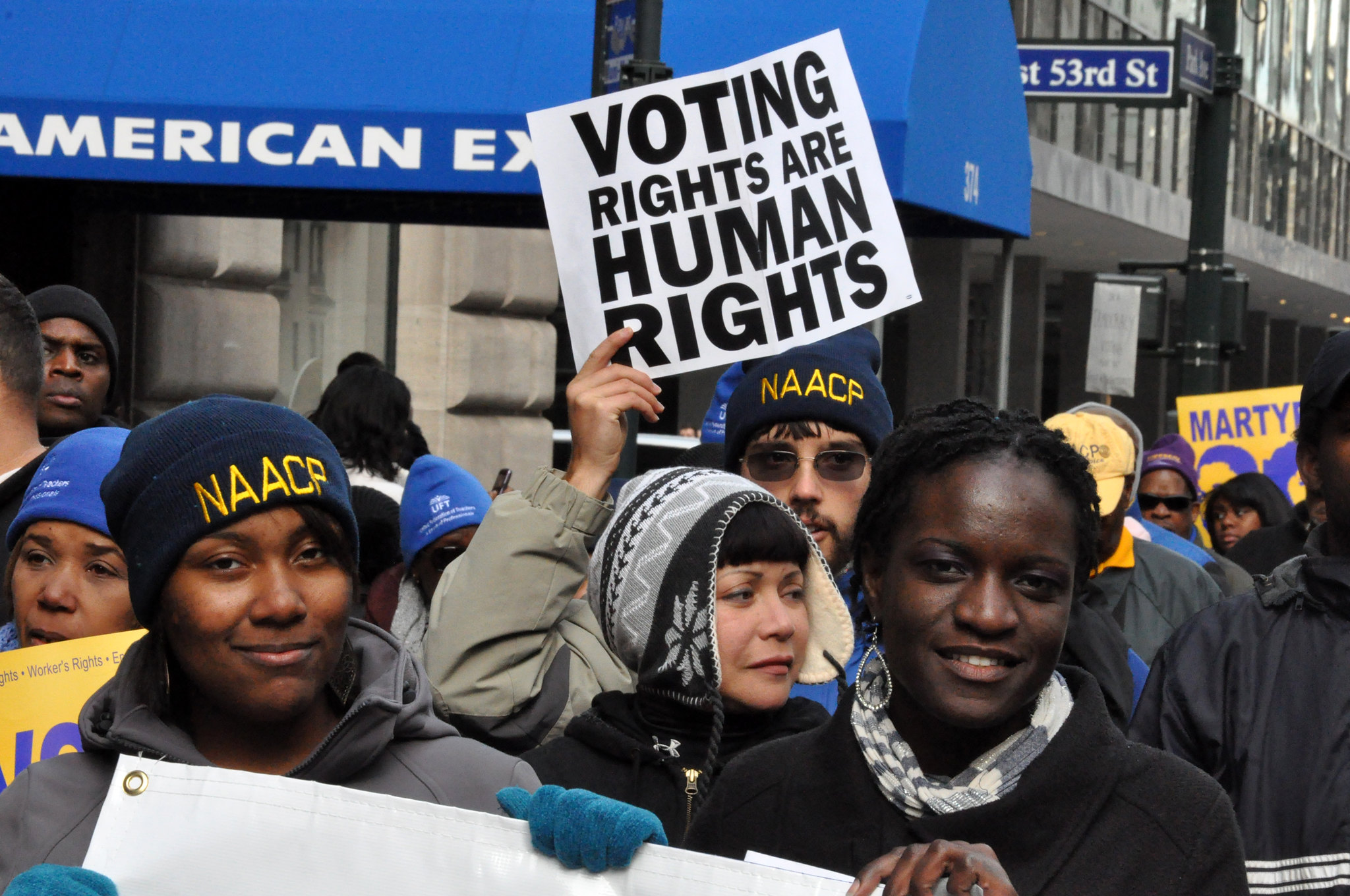
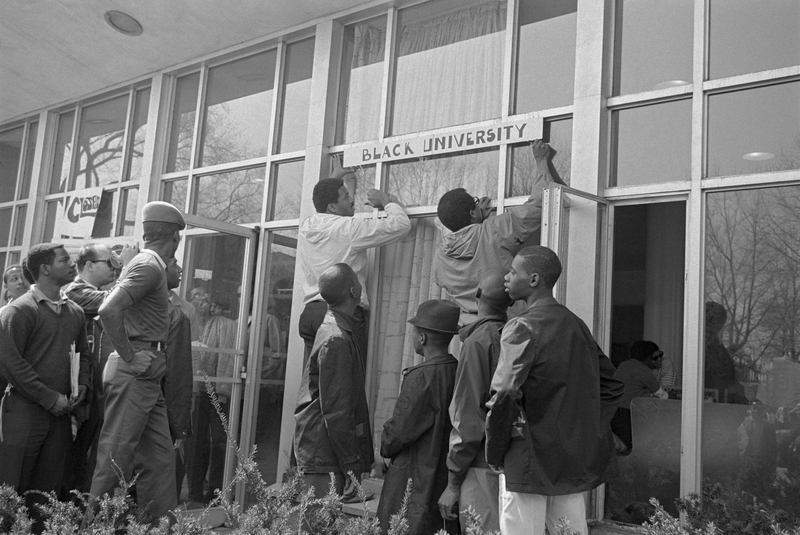
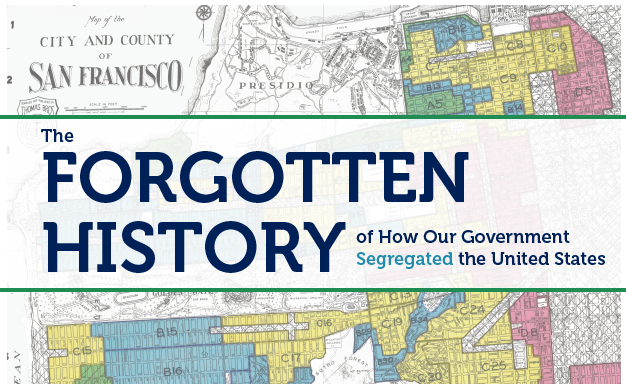
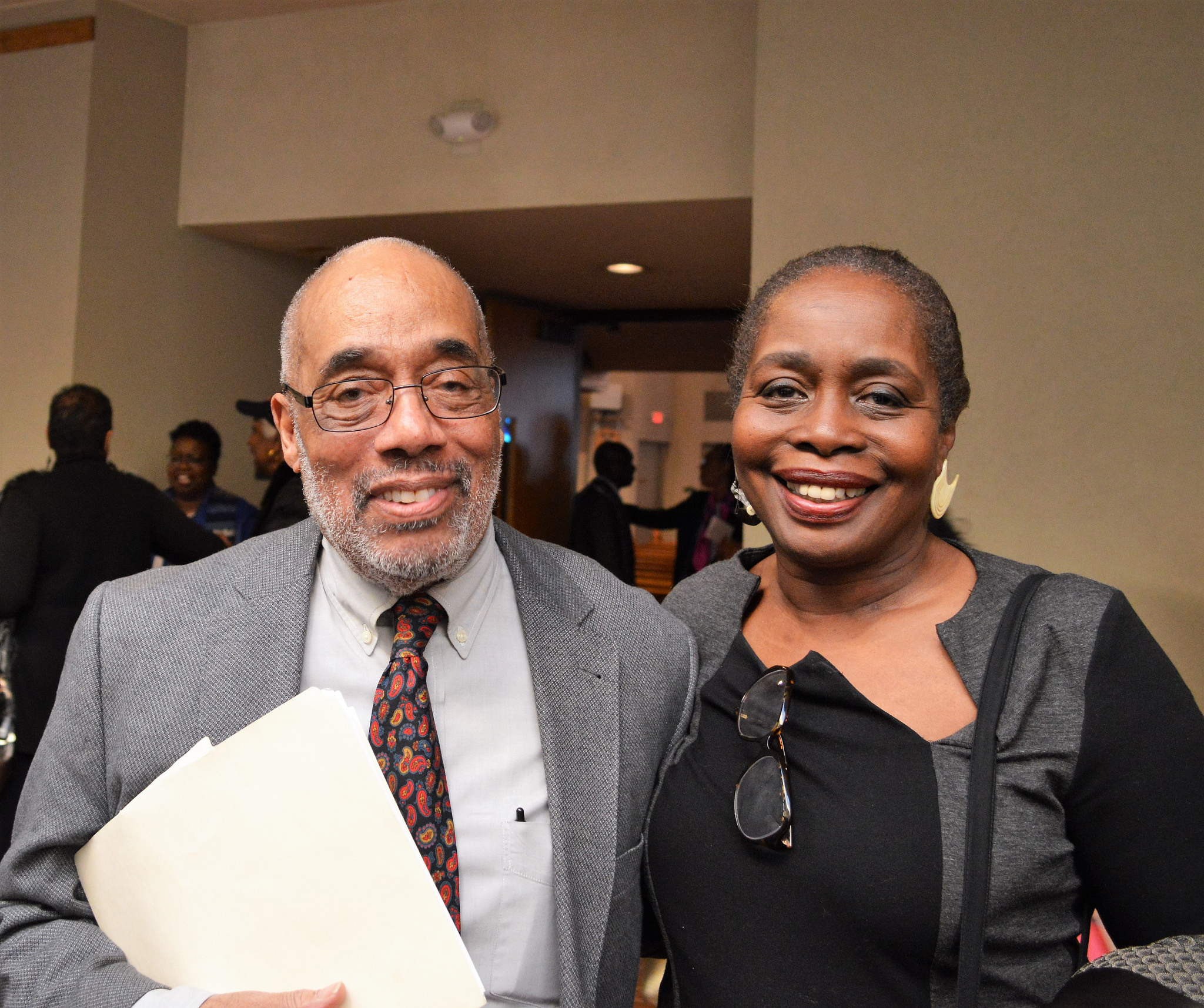

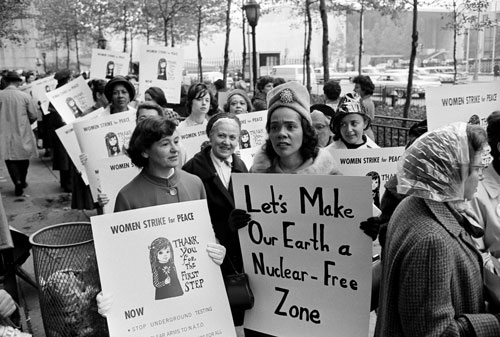
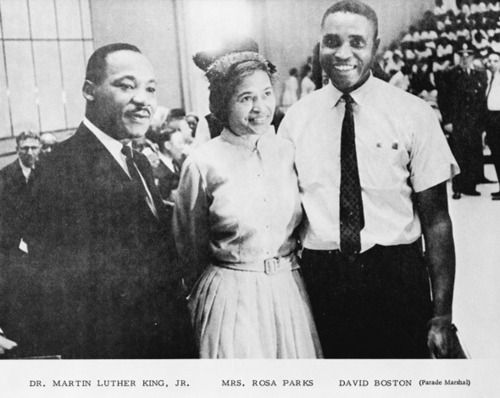





Twitter
Google plus
LinkedIn